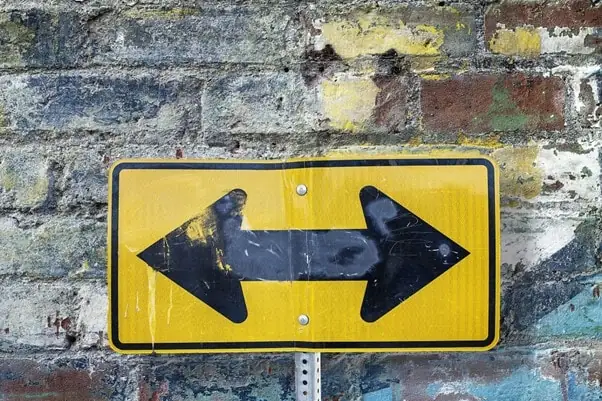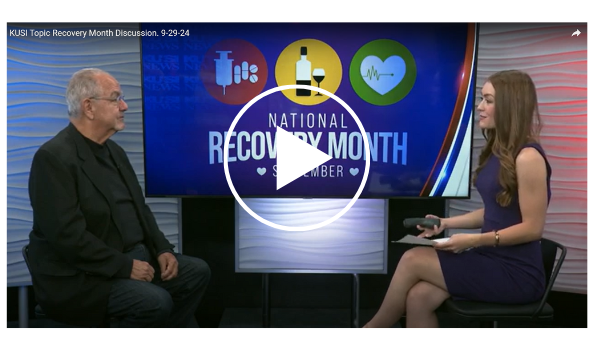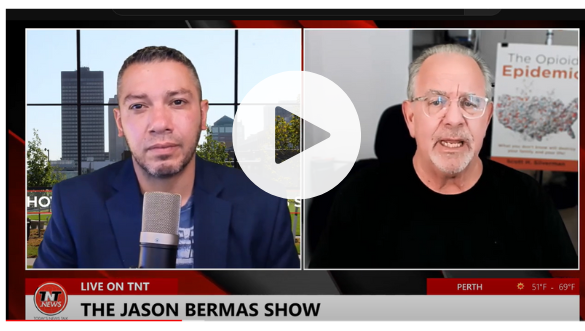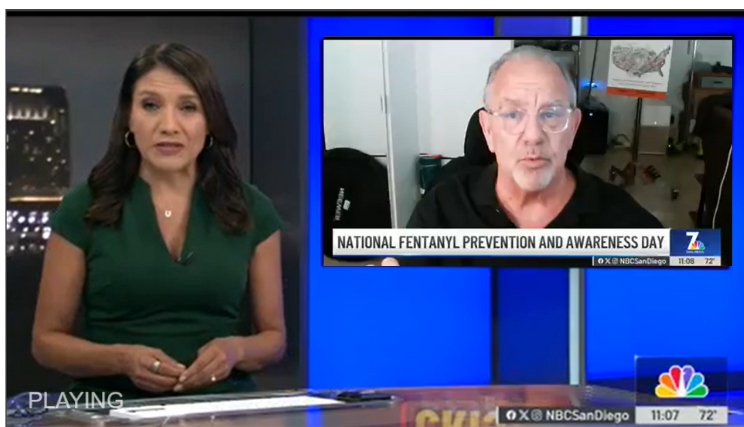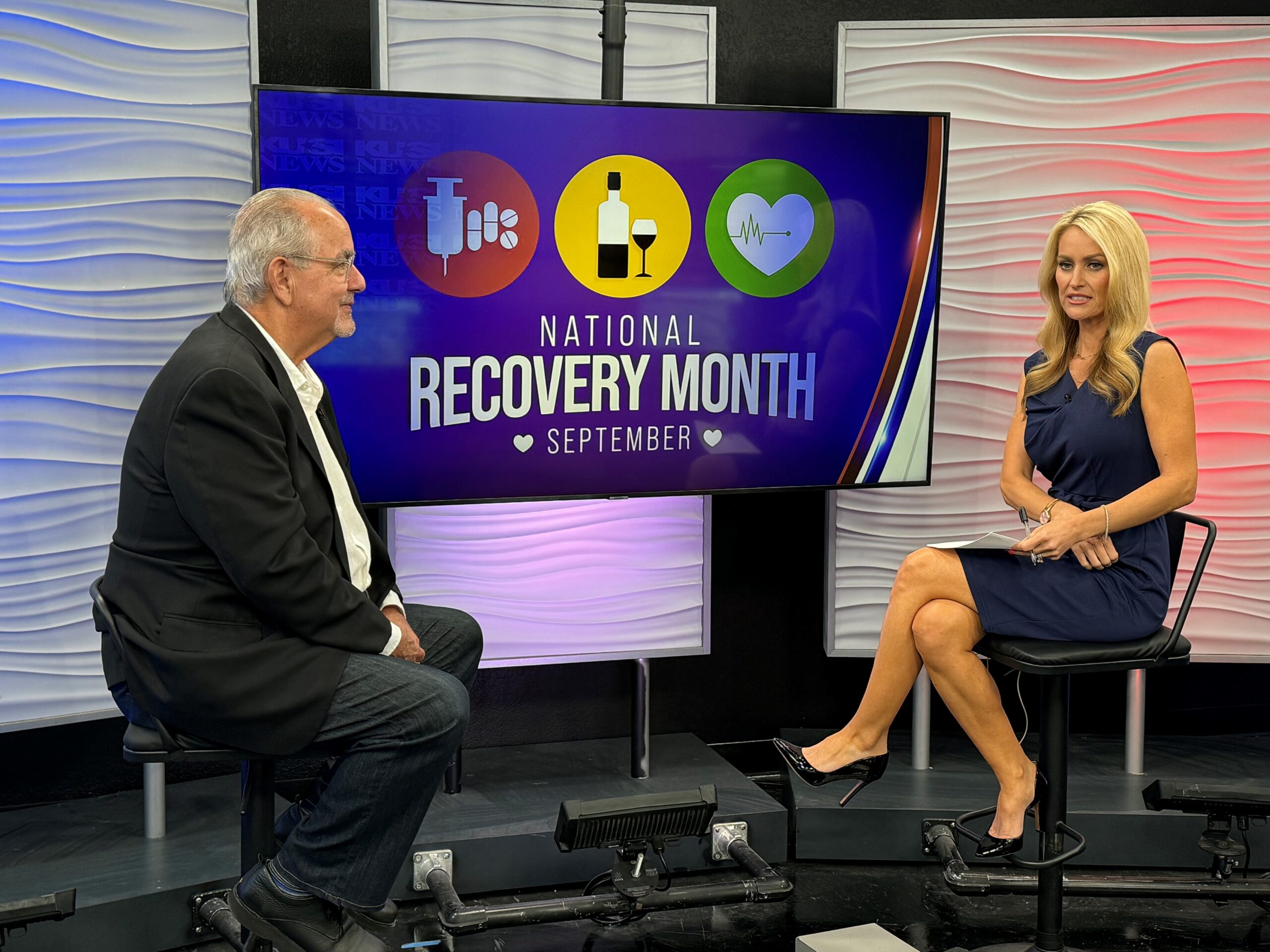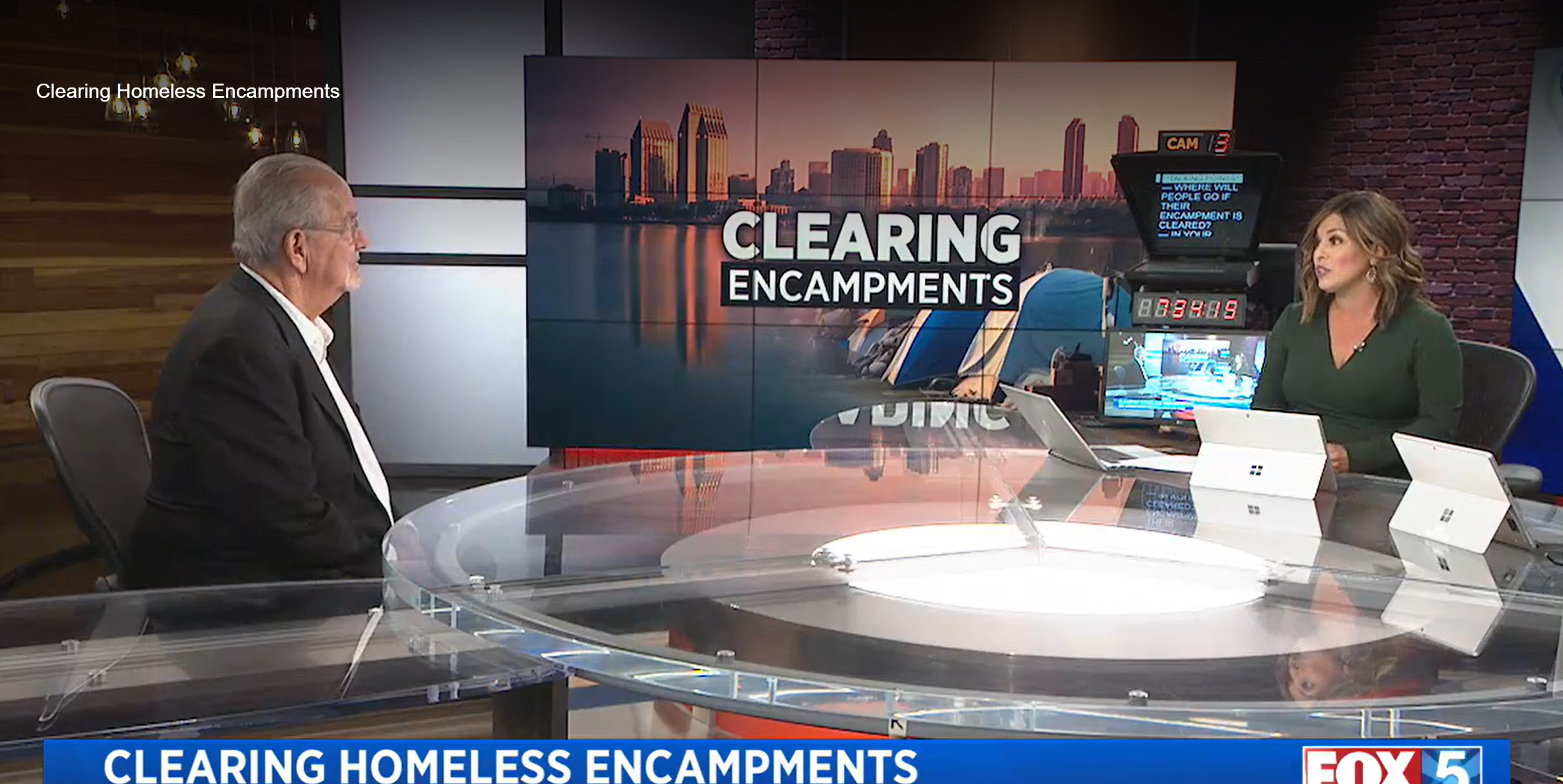It can be hard for those with substance use disorder to realize they are on a path of self-destruction. However, every once in a while, someone is self-aware enough to recognize the signs they are headed towards a future they don’t want.
They come to a fork in the road.
In June of last year, Scott interviewed Tom Sayer, a man he met through an anonymous program who had come to this fork and chose a new direction. This was in 1989, after receiving his third DUI. He had been practicing law for four years. He was in danger of losing his job, but his employers let him keep it under the condition he attend Alcoholics Anonymous. The state also required him to complete a one-year SB 38 program.
At this point, he had two choices:
- Get in, complete the program, get out, and go back to business as usual (and probably a 4th DUI).
- Make a change.
Tom chose option number one—but then he received his coin for thirty days of sobriety. Something changed in him then. He chose not to backtrack. He decided to stay on this new path that offered a brighter future.
Today, Tom is a part of three different Alcoholics Anonymous groups. He’s dedicated a generous amount of free time to volunteering, offering support, and welcoming new members. Recently, he’s begun telling his story, and like Scott, he’s a big believer in honesty and transparency.
The more people talk about their recovery journeys, the more we will reduce the stigma surrounding addiction. The more familiar people will become with recognizing the signs of addiction in loved ones and themselves. Hopefully, more people will realize when they come to a fork in the road of addiction and choose a path to recovery.
Here are a few signs that you may be at a fork in the road of your addiction:
1. You lack self-control.
Tom talks about how, even after college, he’d go out with the intention of having one beer and have one (or several) too many. Then he’d drive home.
2. The facts add up.
Tom says he heard a PSA on the radio discussing signs of alcoholism—and he realized that those qualities described him to a T. Follow the link to a list from Bustle.com describing nine signs that you are becoming addicted to something. If you identify with the majority of the article, don’t ignore it. Seek help.
3. Other people believe you need help.
As we mentioned before, the only reason Tom chose sobriety was because of an intervention. His intervention came in the form of a court-ordered mandate, but not everyone is lucky enough to have recovery forced on them. Sometimes, it’s a concerned friend, family member, or co-worker voicing a concern. Don’t ignore that. You want your intervention to come in the form of a concerned loved one—not an overdose, car accident, or jail time.

If you are facing a situation with a loved one, spouse, or even a child that has started to spiral, please call me at 619-993-2738.
Scott is the Founder and CEO of Confidential Recovery, an drug addiction treatment program in San Diego.
About Scott H. Silverman: Scott has been fighting against addiction for over 20 years, one person, speech, and book at a time. You can buy a copy of his latest book “The Opioid Epidemic” here.
(c) 2022 Scott H Silverman. All Rights Reserved.
